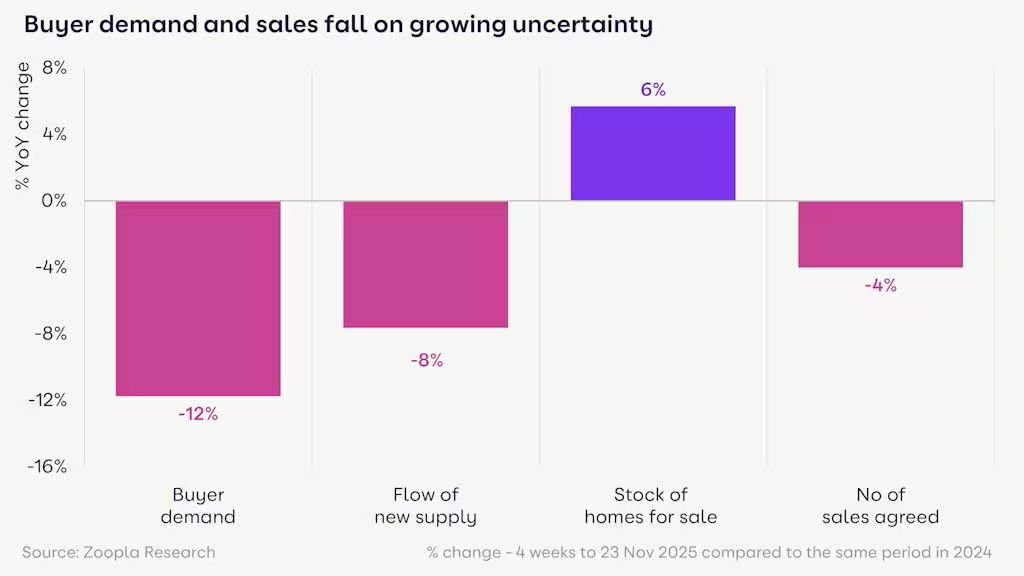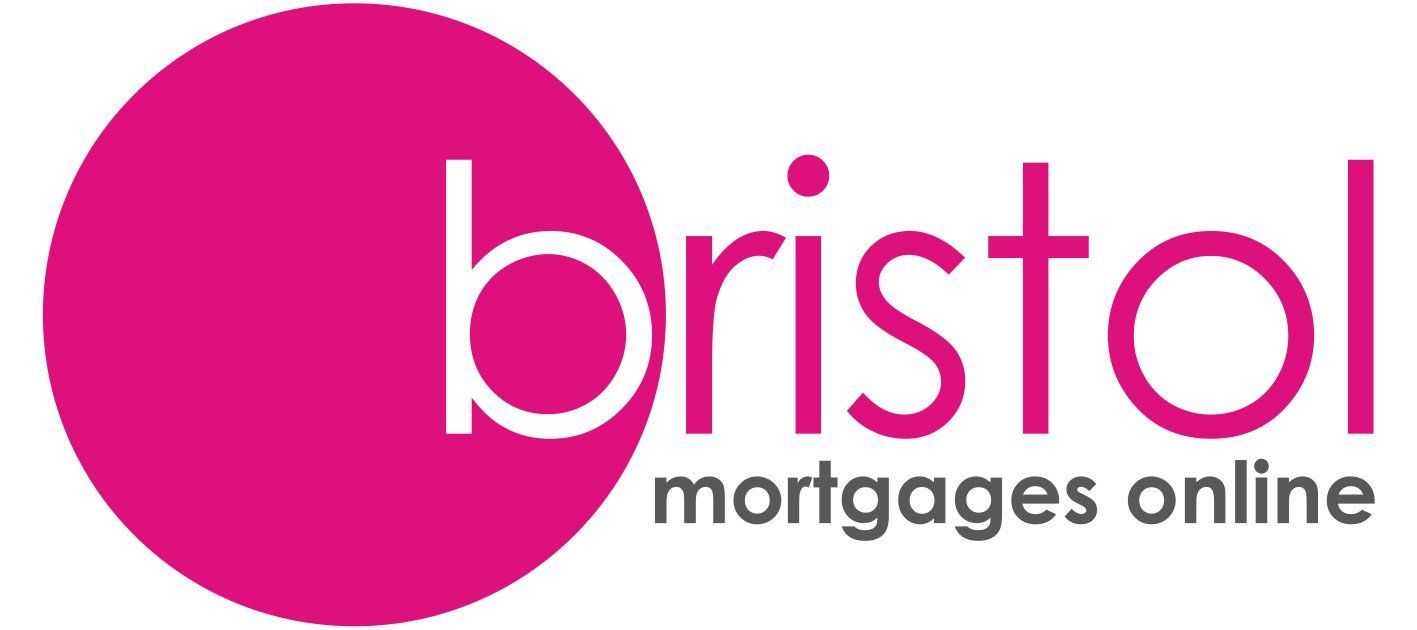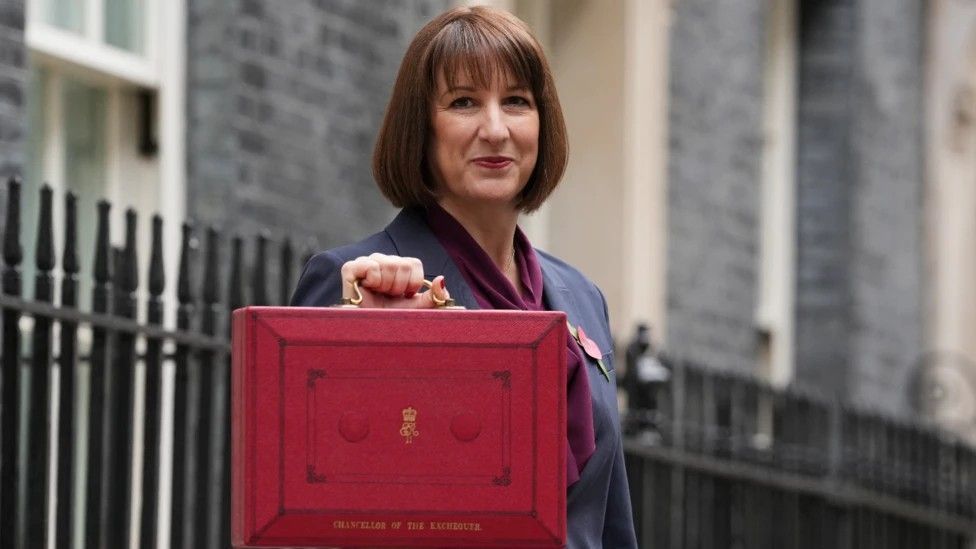Bridging loans – What You Need to Consider
Bridging loans are a way to borrow a large amount of money for a short amount of time. They're most commonly used to 'bridge the gap' when buying property – for example, if you need to complete on a purchase before you've sold your current home.
What is a bridging loan?
A bridging loan is a short-term secured loan that you'll usually have to pay off within 12 months, though the term can be as short as a week or two.
They allow you to access funds while you're waiting on cash elsewhere, and are designed to be paid off as soon as that money becomes available.
The loan will be 'secured' against an existing property or asset, so – worst case scenario – if you can't repay your bridging loan, you could lose your home.
What are bridging loans used for?
Bridging loans are typically used for property-related purchases – this can include:
- Buying a property before selling your current home
- Fixing a broken property chain after a sale falls through
- Buying a property at auction when you need quick access to cash
- Investing in a buy-to-let property
- Renovation project
What are the types of bridging loans?
There are two main types of bridging loan:
Open bridge loans. These have no fixed repayment date (though lenders will normally expect you to have paid them back within 12 to 24 months). These types of loan are usually more expensive, as they're more flexible, but they may suit you if you've found a property you want to buy but haven't yet found a buyer for your home.
Closed bridge loans. These do have a fixed repayment date, and are generally cheaper than open bridge loans. Due to the lack of flexibility, these are best suited to those who have a buyer and are just waiting for completion to get access to the money they need to put towards their new home.
Bridging loans can then be further split into two categories: first charge and second charge.
First-charge loans. If you own the asset outright – for example, you've paid off the mortgage on your property – then your bridging loan provider will take a 'first charge' over the property, meaning it gets paid first in the event of a repossession.
Second-charge loans. If you owe money to another lender (such as a mortgage provider), the bridging loan provider will give you a 'second charge' loan. This means that the bridging lender will get paid AFTER your mortgage lender if either moves to repossess your home for non-payment of the instalments.
Second-charge bridging loans are usually more expensive, because there's more risk that the lender won't get all of its money back if you can't keep up with the repayments.
Important. Whichever type of loan you take out, your lender will want to see details of how you plan to repay the bridging loan. This is called your 'exit plan'.
How much do bridging loans cost?
Bridging loans tend to be expensive compared with other types of secured loan – with open bridge loans having the highest interest rates.
There are other costs to take into account such as Arrangement Fees, Administration Fees, Solicitors and Exit Fees. All these would be explained to you in full should you decide to choose the Bridging Loan option.
Before you decide, it's worth weighing up the following pros and cons:
Pros
- Flexibility. For example, it could allow you to buy a property at auction before the sale of your existing home has gone through.
- Certainty. If you're part of a chain, bridging loans can offer additional security that the transaction will take place even if the chain collapses.
- Speed. Unlike a mortgage, a bridging loan can be in your account quickly.
You can borrow large sums. Because bridging loans are secured against a high-value asset (usually a property), you're able to borrow larger sums, as lenders see these types of loans as less risky for them.
Cons
- ·They're expensive. Because interest is often charged monthly, bridging loans tend to be expensive, and come with more set-up fees than other types of borrowing.
- Repayments can change. Interest rates can be fixed – so you have a set repayment – or they can be variable, meaning what you repay can change, making budgeting difficult.
- You could lose your home. Because bridging loans are secured against a high-value asset, if you're unable to repay the amount you owe on time, you face the risk of repossession.
What are the alternatives to bridging loans?
As we've seen, bridging loans are a niche product that are best used in fairly narrow circumstances, so you could consider the following alternatives:
Remortgaging.
You could remortgage your current home to access more cash. However, borrowing money through a new mortgage, whether it's from your existing lender or a new one, is a big decision with long-term implications.
Personal loan.
If the amount you're looking to borrow is small, relative to the amounts you can access through a mortgage or bridging loan, you could take out an unsecured personal loan. These let you borrow up to around £40,000, and unlike with secured loans, you won't be at risk of losing your home.
Let-to-buy.
This is a version of a buy-to-let mortgage, where you keep but rent out your current home (changing your existing mortgage to a buy-to-let one), and use any equity freed up in doing so to buy a new home. This leaves you with two mortgages though, so needs careful consideration.
Message from Phillip Clark our Senior Mortgage & Protection Adviser
“Regardless of your situation, there are usually options for you. Whether that may be Remortgaging, setting up a Second-Charge or Bridging Loan, or going the Let to Buy route, I will discuss all the various alternatives on the market and recommend those that are the most suitable for your specific needs. I look forward to hearing from you.”
Please call Phil on 0117 325 1511 or email info@swmortgages.com
For more information about Mortgage and Protection please visit www.bristolmortgagesonline.com
The FCA does not regulate some forms of Buy to Lets. Think carefully before securing other debts against your home/property.
Your home/property may be repossessed if you do not keep up repayments on a mortgage or other debt secured on it.











